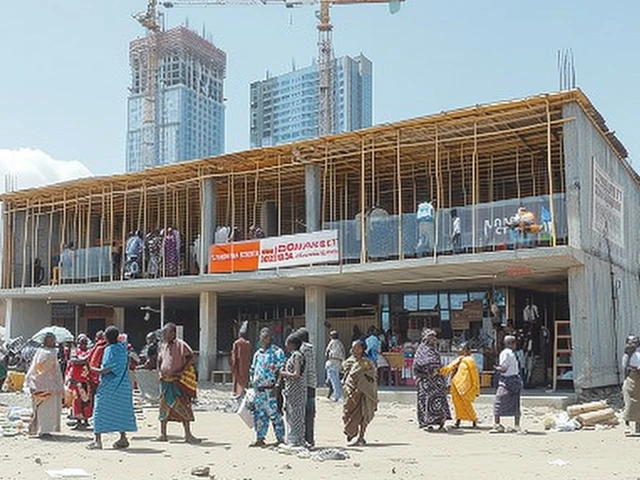Average Salary in Ethiopia: What Does the Paycheck Really Look Like?
Wondering what people really earn in Ethiopia? Whether you're searching for a job, making relocation plans, or just curious, it's all about real numbers. Salaries in Ethiopia can be surprising, especially when you compare them across sectors like education, healthcare, and tech.
For most workers in Ethiopia, salaries start low compared to western standards. The average monthly income for many sits somewhere between 4,000 and 8,000 ETB (that's about $70–$140, give or take, depending on the exchange rate). Big city jobs — especially in Addis Ababa — often pay more, but so does the cost of living.
The type of work makes a huge difference. Government workers and public school teachers usually sit at the lower end of the scale, with teachers earning a typical 3,000 to 6,000 ETB per month. Private sector employees, especially in tech or banking, can score much higher salaries, sometimes north of 15,000 ETB. Pharmacists, for example, often make more than colleagues in public health clinics. And for those with years of experience or jobs in international organizations, the range opens up even more.
Jobs that require higher education or technical skills have the best paychecks. Engineers, IT specialists, and finance professionals generally start at 10,000 ETB and can push up to 30,000 ETB or more in the right role. That said, these opportunities are still limited compared to fields like agriculture or retail, which account for the bulk of employment in the country.
If you're looking further up the income ladder, Ethiopia does have its share of millionaires and even a few billionaires. Most of those fortunes are tied up in large-scale agriculture, construction, and some successful entrepreneurs running businesses across sectors. On the other side, the minimum wage for many jobs does not officially exist nation-wide, so entry-level pay can sink as low as 1,500 ETB in some regions and industries.
For expats and foreigners thinking of working in Ethiopia, salaries can look different. International companies often pay much higher rates, especially for specialized roles, while NGOs and embassies are known for competitive salaries and extra benefits.
Now, about expenses: monthly rent in Addis Ababa for a decent apartment often rivals, or even exceeds, average salaries outside the city center. Combine that with transportation, food, and daily costs, and it quickly becomes clear—negotiating your salary and understanding the cost of living is key.
Bargaining over pay isn't just usual—it's expected. Knowing what similar jobs pay gives you an edge. Job postings often leave out salary details, so talking to people already working in your field is a smart move.
Bottom line, average salary figures in Ethiopia are just a starting point. Your actual pay can differ a lot by city, sector, experience level, and even negotiation skills. If you want to thrive, keep asking questions, check cost-of-living comparisons, and don't settle for outdated info about Ethiopia's pay scene.





